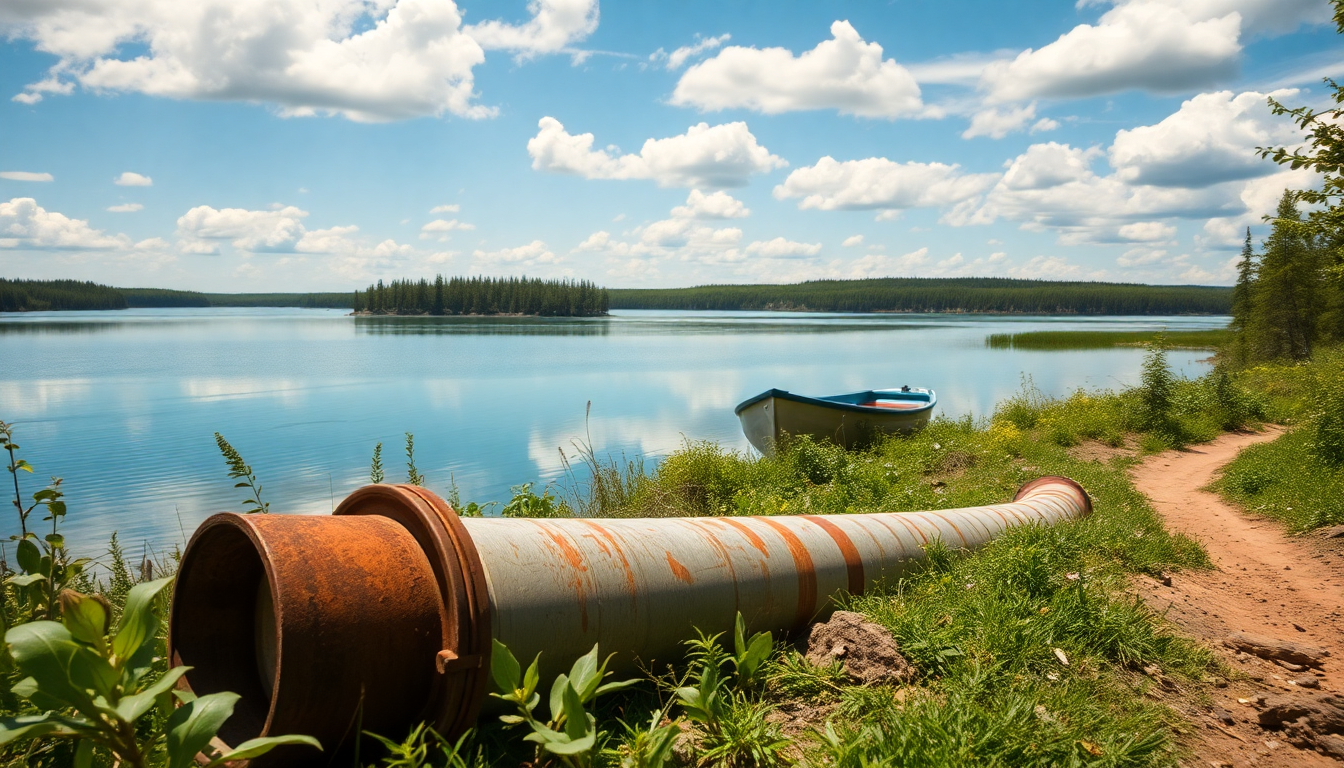Table of Contents
In Canada, the issue of access to clean drinking water for First Nations communities remains a critical challenge. Under the leadership of Indigenous Services Minister Mandy Gull-Masty, the federal government has committed to reintroducing legislation that aims to secure the rights of Indigenous peoples to clean water. This promise comes even as provincial governments in Alberta and Ontario push back, questioning whether such initiatives could hinder economic development. But can we really afford to ignore the need for clean water?
The Current Landscape of Clean Water Access
The situation surrounding clean drinking water access for First Nations is a complex tapestry woven with a history of unmet promises and persistent advisories. Remember when Prime Minister Justin Trudeau set the ambitious goal of eliminating all long-term boil water advisories by 2021? Well, that target is still looming in the distance, as 37 long-term drinking water advisories remain active across Canada, with a large number concentrated in Ontario. This reality highlights the pressing need for legislative action to ensure First Nations can access safe and clean water.
Recently, provincial environment ministers have voiced their concerns, revealing a growing tension between federal initiatives and provincial interests. Alberta’s Rebecca Schulz and Ontario’s Todd McCarthy worry that the proposed legislation might undermine competitiveness and stall critical project developments. They’re calling for a reassessment of policies that they feel don’t deliver tangible environmental benefits. This brings us to an important question: how do we balance Indigenous rights with economic priorities?
Legislative Challenges and Opportunities
The bill on the table, known as C-61, seeks to affirm the human right of First Nations to clean drinking water and protect their freshwater sources. While this legislation faced significant roadblocks in previous parliamentary sessions, the new government’s commitment to reintroducing it could be a pivotal moment in addressing these long-standing issues. Indigenous leaders have been clear in their support for the bill, emphasizing just how vital clean water access is for the health and well-being of their communities.
The national chief of the Assembly of First Nations has been particularly vocal, urging for immediate action and warning against political games that could threaten the lives of First Nations children. This call for accountability should resonate with all of us. As discussions around this crucial legislation unfold, it’s clear that collaboration among federal, provincial, and Indigenous leaders will be essential for making real progress.
Future Implications for First Nations and Environmental Policy
Looking ahead, the reintroduction of legislation focused on ensuring clean water rights for First Nations carries significant implications for environmental policy in Canada. The ongoing conversations between provinces and the federal government about environmental regulations, such as the Species at Risk Act and the Greenhouse Gas Pollution Pricing Act, will likely shape how Indigenous rights are woven into national policy frameworks.
As provinces like Alberta and Ontario call for the repeal of certain environmental protections, we must ask ourselves: what does the future hold for environmental stewardship in the context of Indigenous rights? The successful passage of C-61 could set a precedent for integrating Indigenous rights into environmental legislation, paving the way for a more inclusive approach to managing our natural resources.
Ultimately, moving forward will require a concerted effort to balance the economic interests of provinces with the fundamental rights of Indigenous communities. As the federal government prepares to reintroduce this vital legislation, it’s crucial that all parties work together to ensure First Nations have access to the clean drinking water they rightfully deserve. Can we afford to wait any longer?


